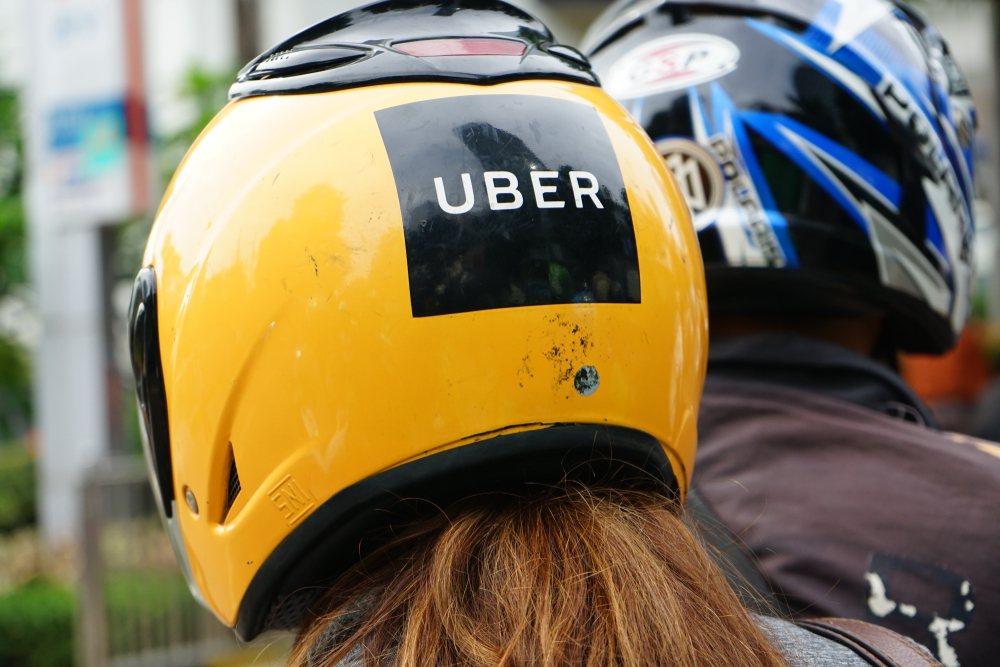In a groundbreaking move, global transportation titan Uber unveiled its electric motorbike service in Kenya.
Others are reading now
This initiative aligns with Uber’s ambitious goal of achieving a completely emissions-free platform by the year 2040. Kagiso Khaole, Uber’s General Manager for sub-Saharan Africa, announced that following this Kenyan launch, other African nations including Nigeria, Ivory Coast, Ghana, Uganda, Tanzania, and South Africa will soon join the eco-friendly revolution.
Dubbed “Electric Boda”, Uber’s innovative service in Kenya aims to deploy a staggering 3,000 bikes within the next half-year. This move is particularly significant given Kenya’s leadership in the green energy domain. The nation is a beacon for the continent, producing over 90% of its electricity from renewable sources. However, the expansion of the electric vehicle market in Africa has faced challenges, primarily due to the scarcity of electric charging facilities and related equipment.
Kenya’s commitment to green transportation is further emphasized by President William Ruto’s vision. He recently expressed his aspiration to boost the number of electric motorbikes on Kenyan roads from a mere 2,000 to an impressive 200,000 by 2024’s end.
However, the journey for electric bikes in Nigeria remains uncertain. A flashback to 2020 reminds us of the Lagos State Government’s decision to prohibit bike-hailing startups like Gokada, ORide, and MaxNG from functioning in key local government zones. This led many of these startups to pivot towards food delivery, while others had no choice but to offload their bikes.
Also read
Yet, there’s a silver lining. Recent developments indicate a shift in Nigeria’s stance towards electric vehicles. For instance, Oando Clean Energy Limited, in collaboration with the Lagos Metropolitan Area Transport Authority, introduced electric mass transit buses. These buses are not only a sustainable alternative but also a competitive one. Additionally, in light of the fuel subsidy removal’s impact, Ogun State’s Governor, Dapo Abiodun, revealed plans to offer electric-powered motorbikes to the state’s residents.








